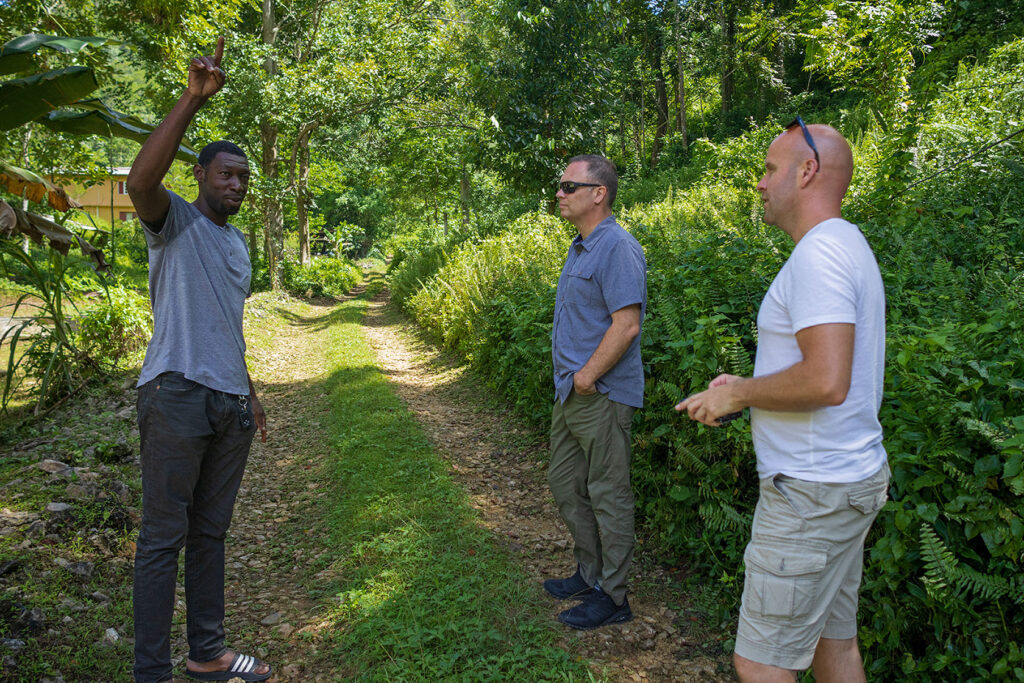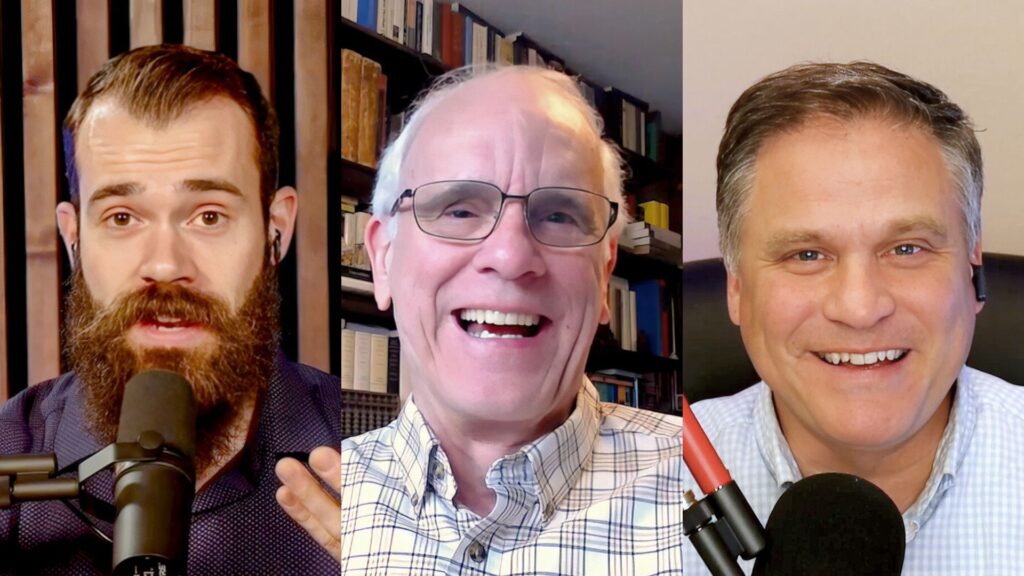On other days, however, I’d tell people I felt like a tiny pickup truck—maybe an old Chevy S-10 or a Ford Ranger—that had a grand piano plopped down in the truck bed. I didn’t tell everyone this was how I felt, and it certainly wasn’t the first thing I’d mention. But for my close friends and the fellow pastors in my life, who get the real and deeper answers when they ask for them, I told them how tired I was. To be candid, they probably already knew. They could see the fatigue on my face and feel the bumps in my pastoring, the way I’d snap a little too quick when I was criticized or my subtle feelings of indifference about certain church problems. To stay on the same truck metaphor, my shocks and struts were blown. Even little bumps on a smooth road shook the chassis something fierce, as though our church barreled down a dirt road full of potholes.
The reasons for the weariness were obvious. A few years ago, our church lost one of our pastors, which led to a change—an expansion really—in my role. During the months after the other pastor left, forty new people showed up, who wanted to join small groups that didn’t exist yet, with leaders we didn’t have. Meanwhile, I officiated five weddings in two months. Then, I completed my ordination process in our denomination, which required writing a huge paper and undergoing a four-hour oral defense of my theology. Then, three days later, I had a massive shoulder surgery that left me in a sling for a few months, sleeping in a recliner for longer, and undergoing painful, but helpful, physical therapy for longer still.
Meanwhile, we formed a search team to look for a new pastor, which meant we were not only short-staffed but that we had to devote part of each week to reading resumes and doing interviews. The Sunday after our church finally hired a wonderful new pastor, our wave of euphoria crashed when we closed our church for in-person gatherings for thirteen straight weeks because a pandemic was spreading across the world. In other words, I was tired before Covid came in the night to slash our tires.
So, I did what I should’ve done sooner with a check engine light on. I asked for help. After one late night elder meeting, I asked all the staff pastors to leave and poured out my heart to our volunteer pastors. I told them ministry hadn’t broken me beyond repair, but I needed help. I told them I was sorry for doing a lousy job of keeping them informed about how I was really doing, sorry for telling them I was “fine” and “okay” when I was neither. And I told them what was really going on in my heart, all the pain and weariness and how my workload affected my health and family. I also told them I needed their help to heal. Either I wasn’t called to be a pastor or I was doing it wrong; there just didn’t seem to be another choice. And yet, I knew I was too close to the problems to tell which it was.
I will be forever grateful for the way our volunteer pastors listened to me that night and prayed for me. The Lord heard our prayers and answered them in ways, as Paul says in Ephesians, beyond what we could have asked or imagined. And so began a year of recovery that climaxed with a three-month sabbatical away from local church ministry.
In the book The Art of Rest, author Adam Mabry writes as a fellow pilgrim-pastor journeying toward true rest, which is challenging to do in a society that’s created an idol of busyness. “In the West,” Mabry writes, “we’ve managed to take something that has in every culture until recently been a vice and, through the magic of repeating a bad idea long enough, have turned it into a virtue!” (29). Throughout the book, Mabry tells readers that he aims to “sell Sabbath rest.” He wants readers to know the how of Sabbath, the why of Sabbath, and the look-how-wonderful-this-is of Sabbath.
I want the same for you, Mr. or Ms. Tired Missionary. I want to sell you on the look-how-wonderful-ness of an extended Sabbath. If you feel like someone placed a piano in the bed of your pickup, and every bump in ministry feels like a sinkhole rather than a pothole, then use whatever spiritual and emotional health you do have and ask for help. As time and money allow, craft a plan for an extended sabbatical or furlough.
And if you are not a missionary but sit on a committee that grants sabbaticals, I urge you to do everything you can to make one happen for those who serve with you. We all know that we should take our vehicles to a mechanic as soon as possible after the check engine light comes on. It doesn’t honor God to drive a vehicle into the ground.
When I got back to church after my sabbatical, as we all might’ve expected, it still feels like our church is barreling down the road too fast, and as the lead pastor, like the grand piano is still inside my truck bed. But this fall, the newly installed shocks and struts that came from several months of rest have made a huge difference. Little bumps now feel like little bumps.
And while I wasn’t even working on it—in fact, while I was resting and not working at all—by the grace of God, the engine in my pickup truck may have even grown a little bit too.




